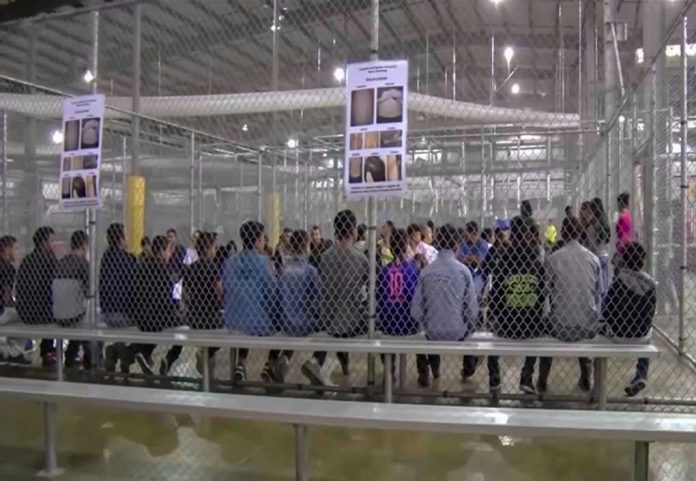
Everglades Detention Facility ClosureDespite federal opposition, the closure of the Everglades immigration detention facility marks a significant victory for constitutional advocates concerned about government overreach.
Story Highlights
- The Everglades detention facility is set to close, despite federal resistance.
- This closure is seen as a victory for those opposing government overreach.
- Conservative groups argue the facility undermined constitutional protections.
- Key stakeholders include local communities and federal agencies.
Federal Pushback Against Closure
The Everglades immigration detention facility has been the center of controversy, with the federal government striving to keep it operational despite local and state efforts for closure. The facility, often criticized for its conditions and its role in immigration enforcement, has been deemed by many as an example of excessive government control over individual liberties. The Trump administration’s focus on reducing government overreach aligns with this closure, advocating for constitutional rights and community sovereignty.
Conservative Values at the Forefront
Conservative groups have consistently championed the closure as a reinforcement of American values, emphasizing the importance of constitutional rights and limited government intervention. These groups argue that facilities like the Everglades detention center contribute to an erosion of civil liberties, a concern that resonates deeply with many Americans who prioritize personal freedoms and the protection of constitutional rights. The closure represents a step towards restoring these foundational values.
The Impact on Local and National Politics
The decision to close the Everglades facility is not only a local issue but also a significant national topic. It reflects a broader pushback against federal overreach, particularly in immigration matters. Local communities, including those who have been directly affected by the facility’s operations, have expressed relief and support for the closure. This move is expected to influence future policies and set a precedent for how immigration enforcement is approached in the country, potentially reshaping the landscape of national immigration policy.
As this situation develops, it is crucial to monitor how local and federal agencies navigate this change and what it means for future immigration strategy and enforcement across the United States.



